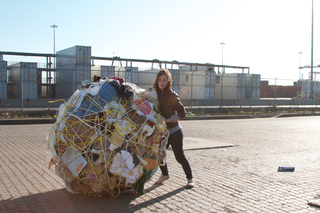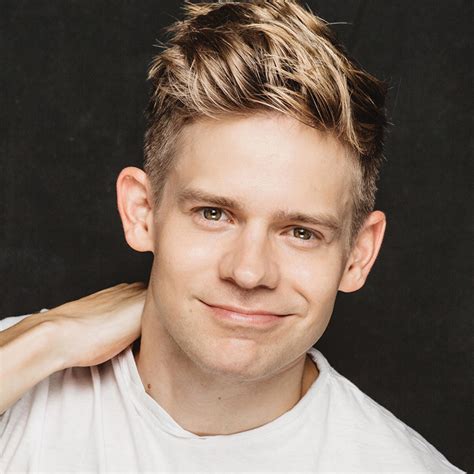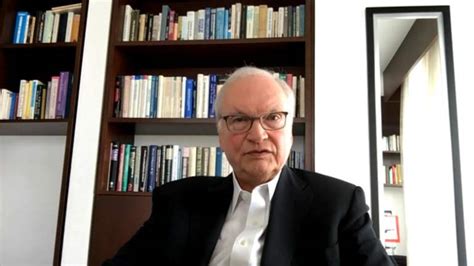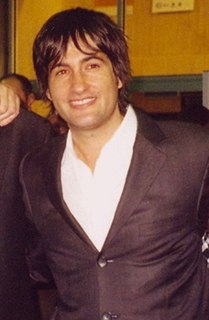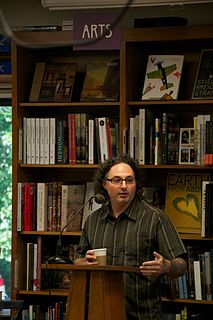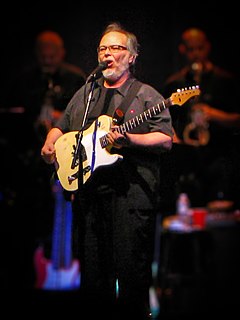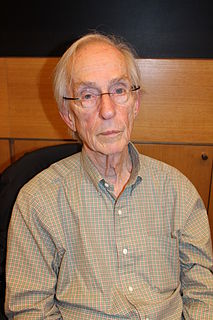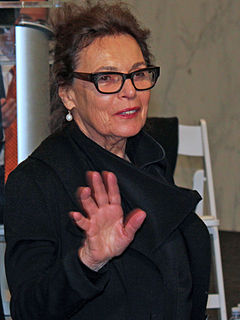A Quote by Mary Mattingly
The way that I rationalize making photographs is because you're countering what's offensively mass-produced with something that you just want more people to see.
Quote Topics
Related Quotes
I don't feel that way now. I don't want to make movies for the 10 people who feel exactly the same way about the world that I do. I want to make movies that many, many people see, and I want to say something that I believe is important in a way that people who don't agree with me can hear. And that involves making different kinds of choices, but it's not like a compromise that I'm making. It's that something else interests me, something else is appealing to me.
We've had 20 years of mass murders throughout which I have repeatedly told CNN and our other media, if you don't want to propagate more mass murders, don't start the story with sirens blaring. Don't have photographs of the killer. Don't make this 24/7 coverage. Do everything you can not to make the body count the lead story, not to make the killer some kind of anti-hero. Do localize the story to the affected community and make it as boring as possible in every other market. Because every time we have intense saturation coverage of a mass murder, we expect to see one or two more within a week.
I like making series, for a couple reasons. One, the repetition of routine is very healthy because I can get a little crazy; I want to be making things all the time. And if I publish something every week, I don't have to put every idea I have into one piece. It's more like, here's one idea: execute it, see it through, think about it, do it the best you can. And then there are going to be ten more ideas that come while you're making that, because creativity works that way.
I want people to see my movies. My talent, my sensibilities are what people want to see in the movies... While I have the talent to make the kind of movies people want to see I want to continue to do that, keep making big pictures and make what I love. I’m really just making the films I want to see. There’s not a strategy.
If you view computer designers as artists, they're really into more of an art form that can be mass-produced, like records, or like prints, than they are into fine arts. They want something where they can express themselves to a large number of people through their medium, and their medium is technology and manufacturing.
Photographers learn to interpret photographs in that technical way because they want to understand and use that 'language' themselves just as musicians learn a more technical musical language than the layman needs. Social scientists who want to work with visual materials will have to learn to approach them in this more studious and time-consuming way.
The photographs of space taken by our astronauts have been published all over the place. But the eye is a much more dynamic mechanism than any camera or pictures. It's a more exciting view in person than looking at the photographs. Of course, I personally am sick and tired of hearing people talk like that: I want to see it myself!
One of our objectives today is very important for many people, for millions of people on our planet - it is joining efforts in the fight against terrorism and other similar challenges: countering drug trafficking and proliferation of weapons of mass destruction, fighting famine, preserving environment and biodiversity, taking efforts to make the world more predictable, more stable.
A good print is really essential. I want to take strong documentary photographs that are as good technically as any of the best technical photographs, and as creative as any of the best fine-art photographs. [...] I don't want to just be a photo essayist; I'm more interested in single images...ones that I feel are good enough to stand on their own.
